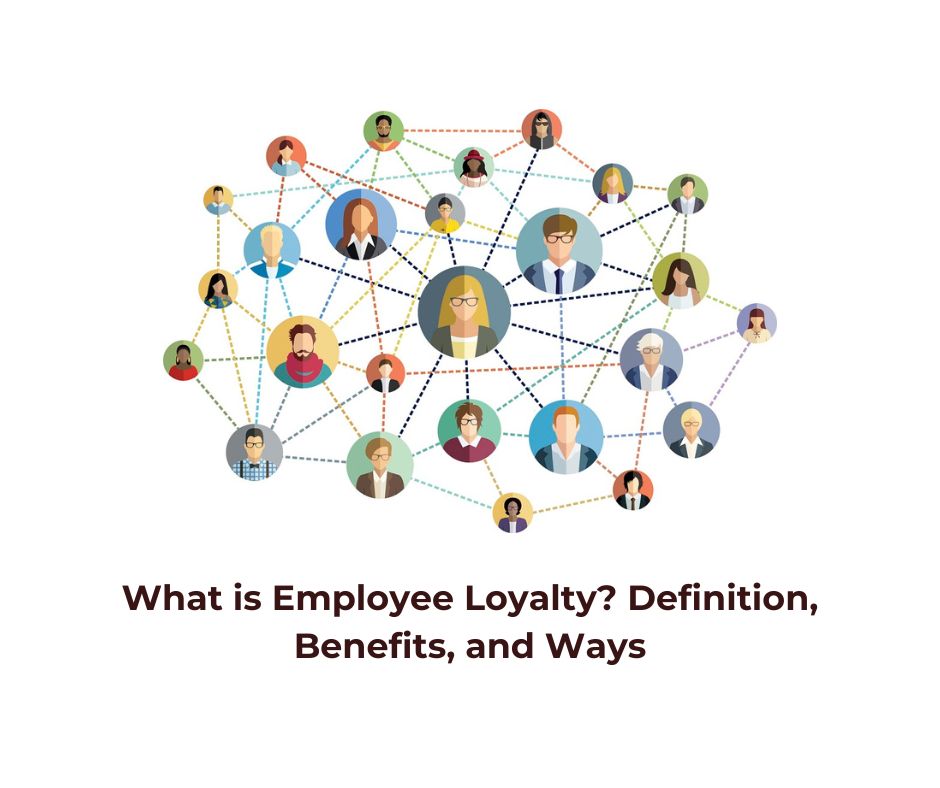Employee loyalty is a form of loyalty to the company where they work.
Having employees who have a high loyalty attitude is one of the important assets that companies want.
Apart from not spending a lot of money on an ongoing basis to recruit new employees, employees with this type tend to have a high level of productivity.
However, most company HRD teams still have difficulties regarding how to instill and maintain an attitude of loyalty to their employees.
Read Also : What are KPIs? Definition, Benefits and Examples
In fact, one of the easiest ways and strategies as a solution to deal with this is to hold a flexible benefit program.
Here, Mekari will explain in full about employee loyalty, what are the benefits, and how to maintain it.
What is Employee Loyalty?
According to Poerwopoespito (2000), employee loyalty in their work is reflected in the attitude of employees who devote their abilities and time, carry out their responsibilities, are honest, build relationships in the work environment, are disciplined, and are able to work in the same place for a long time.
On the other hand, employee loyalty can be said to be formed when an employee can remain with the company for a long time.
This attitude can appear both through internal and external employees. Companies can encourage and shape this attitude by paying full attention to employee management. Employees also feel valued and appreciated so that they fully trust the company’s management.
Employees who are loyal to the company tend to be more invested in the success of the company and work towards achieving organizational goals. In addition, they are less likely to seek new job opportunities in other companies.
Read Also : Merchant: Definition, Categories, Methods and Advantages
The Importance of Employee Loyalty
There are many benefits that companies can experience by having high employee loyalty.
In terms of company operations, loyalty reflects employees with high productive quality and low employee turnover . This can increase the company’s competitiveness with competing companies.
On the other hand, companies can improve brand image and strong and long-term profit growth opportunities.
There are many other advantages and benefits regarding employee loyalty, including:
Customer experience : Employees who value the company can convey these values to every customer. This can increase customer loyalty and increase public awareness of your company.
Increase production rates : Motivated employees are more likely to meet or exceed production goals. They can also find methods to help other employees meet or exceed production targets.
Building a corporate image : A high indicator of employee job satisfaction with the company can also indicate that their level of loyalty will also be high. This can build a corporate image through employer branding. This can be a good publicity for the company.
Read Also : 4 Unique Ideas in Implementing an Employee Welfare Program
How to Defend It
Seeing the importance of employee loyalty for the company, it is only natural that the company begins to develop a strategy to maintain it.
Then how?
Here are some ways that companies can apply to maintain employee loyalty:
Appropriate compensation scheme
Appropriate and attractive compensation schemes have never ceased to amaze employees to date.
To gain the loyalty of your employees, it is better if you provide a competitive compensation scheme according to the HR market conditions.
Increasing employee promotion on a regular basis is no less important and needs to get more attention.
This shows that the company is truly committed to appreciating employees for their work and increasing the value of the company in the eyes of the employees themselves.
Career advancement
One of the desires of people to work is to be able to develop a career as high as possible.
Thus, most employees carry out their responsibilities as a form of increasing capabilities for a better career.
Here, the company can play a role as a place for employees to achieve their dream careers.
This can keep them in the company and increase employee loyalty over time.
Companies can also encourage these opportunities by providing training and skills development related to these careers.
Job Security
The 2020 pandemic illustrates that job security is a fairly important factor.
The company must be able to take into account all possibilities that may occur in the future that may affect the company’s finances and operations.
In addition to the company’s maturity in dealing with crises, a positive work culture and environment are also welcomed by the company’s employees.
These three factors can be the main factor for employees to see job security in a company.
If it works well and is successful, employee productivity and loyalty will increase and can last for a long time.
Read Also : What is Asset Revaluation? Definition, Functions and Benefits
flexibility
Flexibility has become a new trend of work today. Various companies implement this work concept as a new policy in their company.
That doesn’t mean they just follow trends that are liked by employees. However, the many benefits that the company feels are also a factor.
Flexibility in the workplace greatly facilitates various parties, both companies and employees. This is because any activity can be done in any way, at any time, and wherever the employee is.
These flexible conditions are also supported by various facilities and benefits provided by the company.
Some examples are hybrid work styles or even work from anywhere , various applications and software that support work management, communication and internet benefits, and various other forms.

